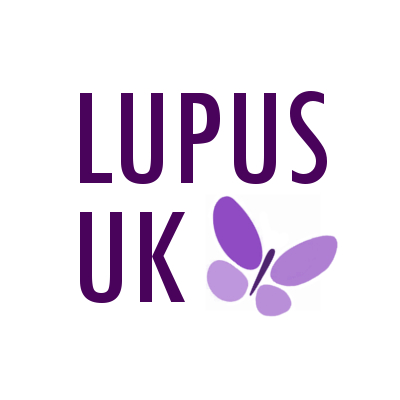Lupus in Young People
MY LUPUS (WHAT I NEED TO KNOW) - A YOUNG PERSONS GUIDE
LUPUS UK, jointly with the UK Juvenile Systemic Lupus Erythematosus Study Group, have produced the booklet My Lupus – What I Need to Know – A Young Person’s Guide. You can download a copy here, or alternatively contact [email protected] and we will be happy to post a copy free of charge.
“I had swelled up with water in my legs, my stomach, my back and my face. In addition to this, I was put on steroids, amongst other medication, which caused me to get acne. As a sixteen year old starting a new place where I only knew about ten people, it was a nightmare situation. It took me a long time to feel confident enough to make friends.”
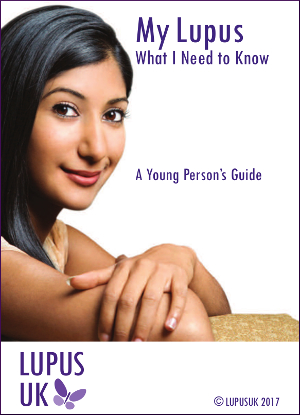
Introducing Lupus UK Youth
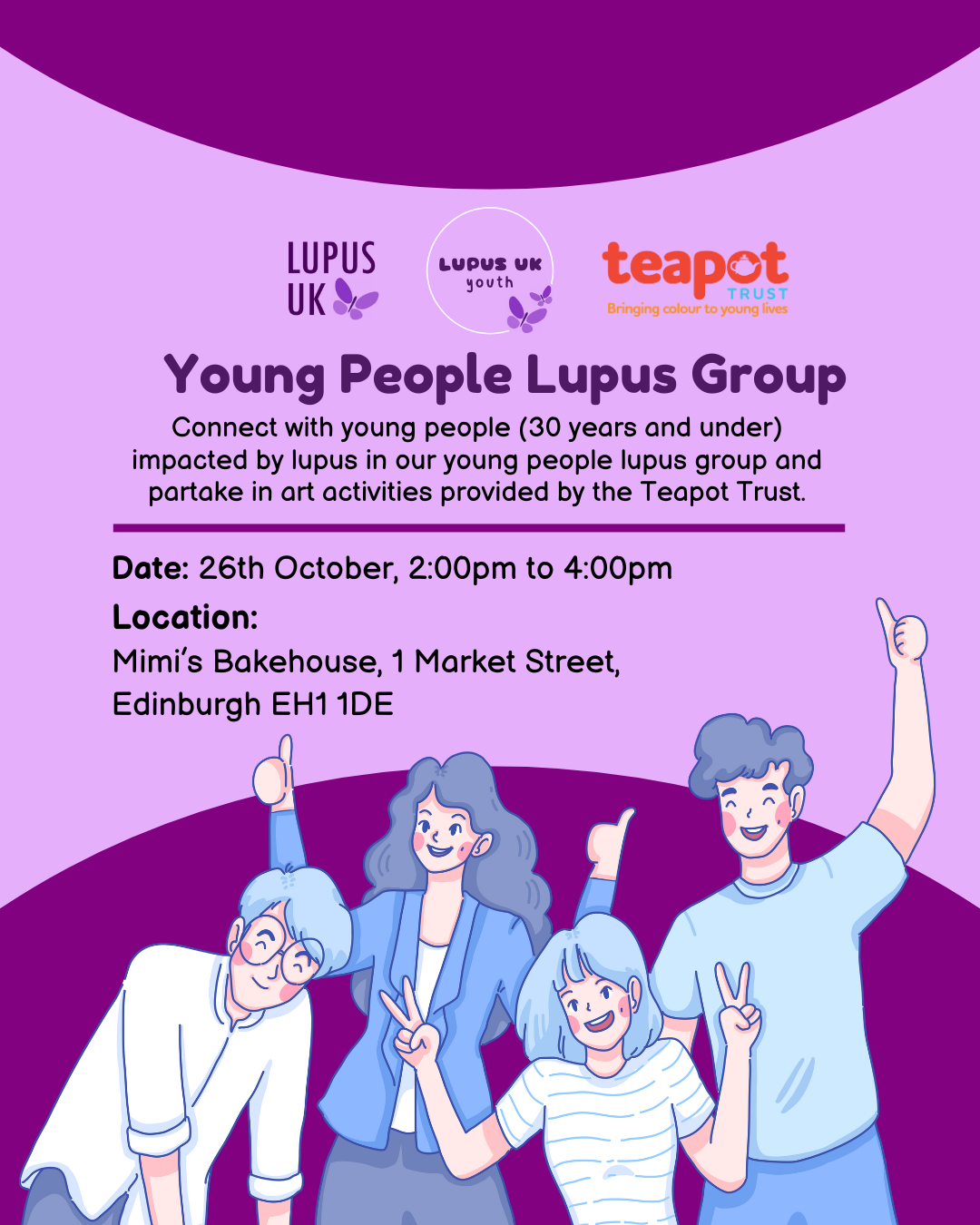
YOUNG PEOPLE LUPUS GROUP
If you are aged 16-30 and would like to meet other young people with lupus, please come along to one of our meet-ups.
The next meet-up will take place in Edinburgh on Saturday 26th October 2024. You can find out more information and register HERE.
To be kept up-to-date about future meet-ups, please email [email protected]
INFORMATION FOR SCHOOLS AND COLLEGES
If you have been diagnosed with lupus it is important to tell your school or college about your condition.
It is possible for them to make accommodations if you need them such as; Providing extra time in exams or to get between classes, providing a quiet place for resting if necessary and providing alternative options to external sports activities. Without them knowing, it’s hard for them to help you.
With the help of the JSLE Cohort Study Group we have prepared an information sheet for teachers which outlines the ways that lupus can affect pupils and some of the ways they can help.
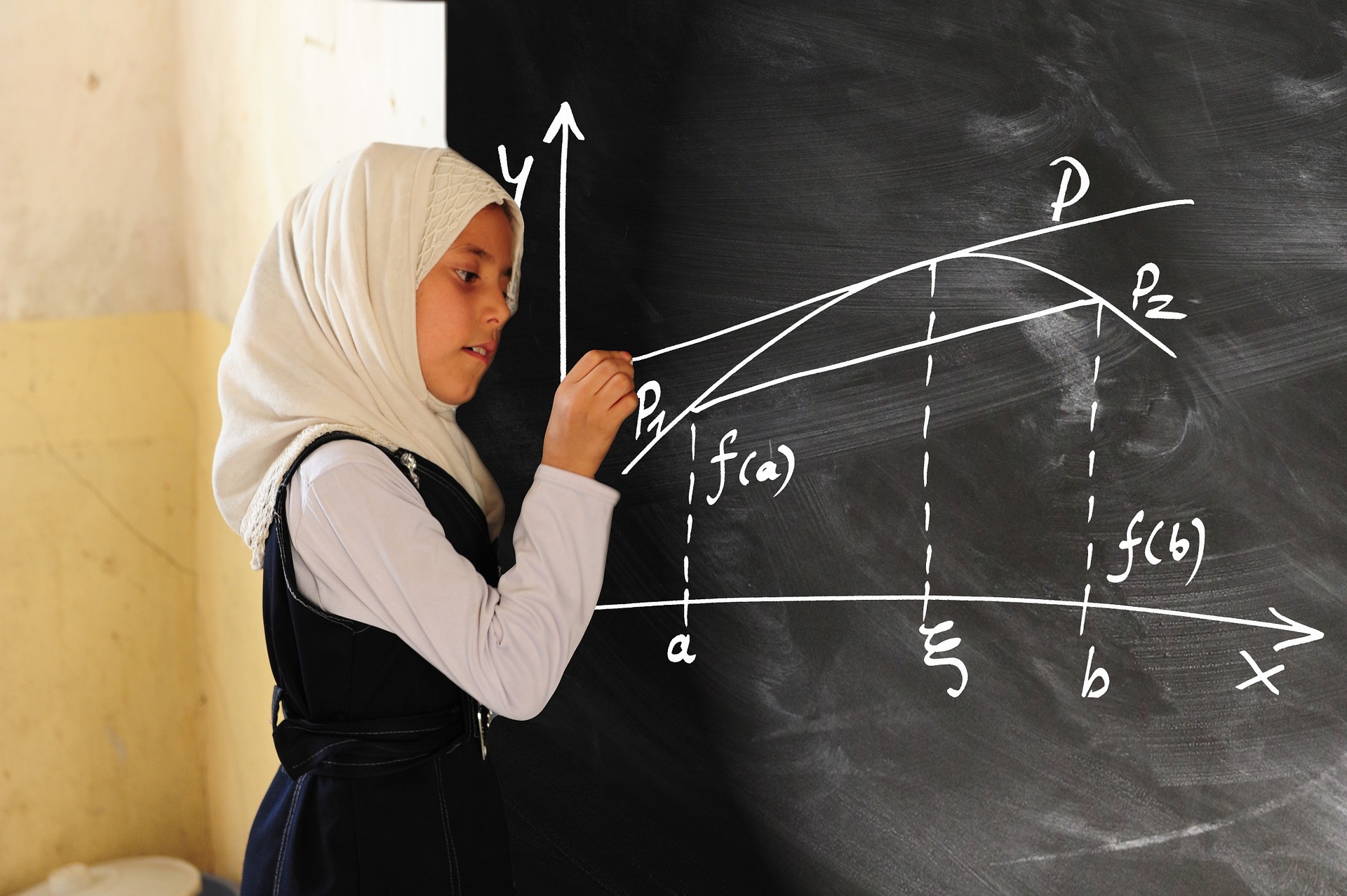

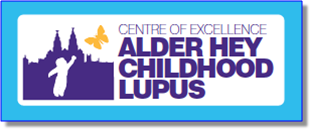
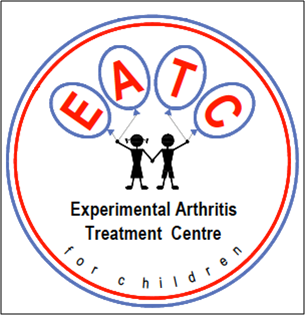
UKJSLE COHORT STUDY GROUP
The UK JSLE Cohort Study and Repository aims to find out more about what causes lupus and how it affects children and young people, in order to try and develop better treatments.
The Cohort Study recruits patients aged up to and including 16 years of age from more than 20 hospitals all over the UK. It started recruiting patients in 2006 and over 550 young people with lupus from across the UK have taken part so far.
They have undertaken a wide range of research looking at the immune system, genetics and treatments in lupus. They publish their research in various medical journals and discuss their results with other researchers around the world to help generate new ideas on how to help look after patients with lupus.
You can find out more about the study on their website:
You can read our recent newsletters and updates here:
- UK JSLE Cohort Study newsletter April 2016
- Summary of UK JSLE Cohort Study Group Away Day Jan 2016
- Short Report from ‘Lupus and You’ event in March 2016
- Short Report from ‘Lupus and You’ event in September 2016
If you are not already part of the study and would like to find out more about taking part, please ask your local rheumatology team. For additional information please contact [email protected]

UCLH CENTRE OF ADOLESCENT RHEUMATOLOGY
UCLH have a website for their Centre of Adolescent Rheumatology.
The website features loads of videos of interviews with lupus and arthritis patients, talking about their experiences. It also includes a wide variety of other information including how to get involved in research studies.
You can take a look at it by clicking on the button below.
YOUR RHEUM
Your Rheum is a group for 11 to 24 years olds across the UK with diagnosed rheumatic conditions to advise, input, and shape current adolescent and young adult rheumatology research.
The group host both face-to-face and virtual meetings for their members.
